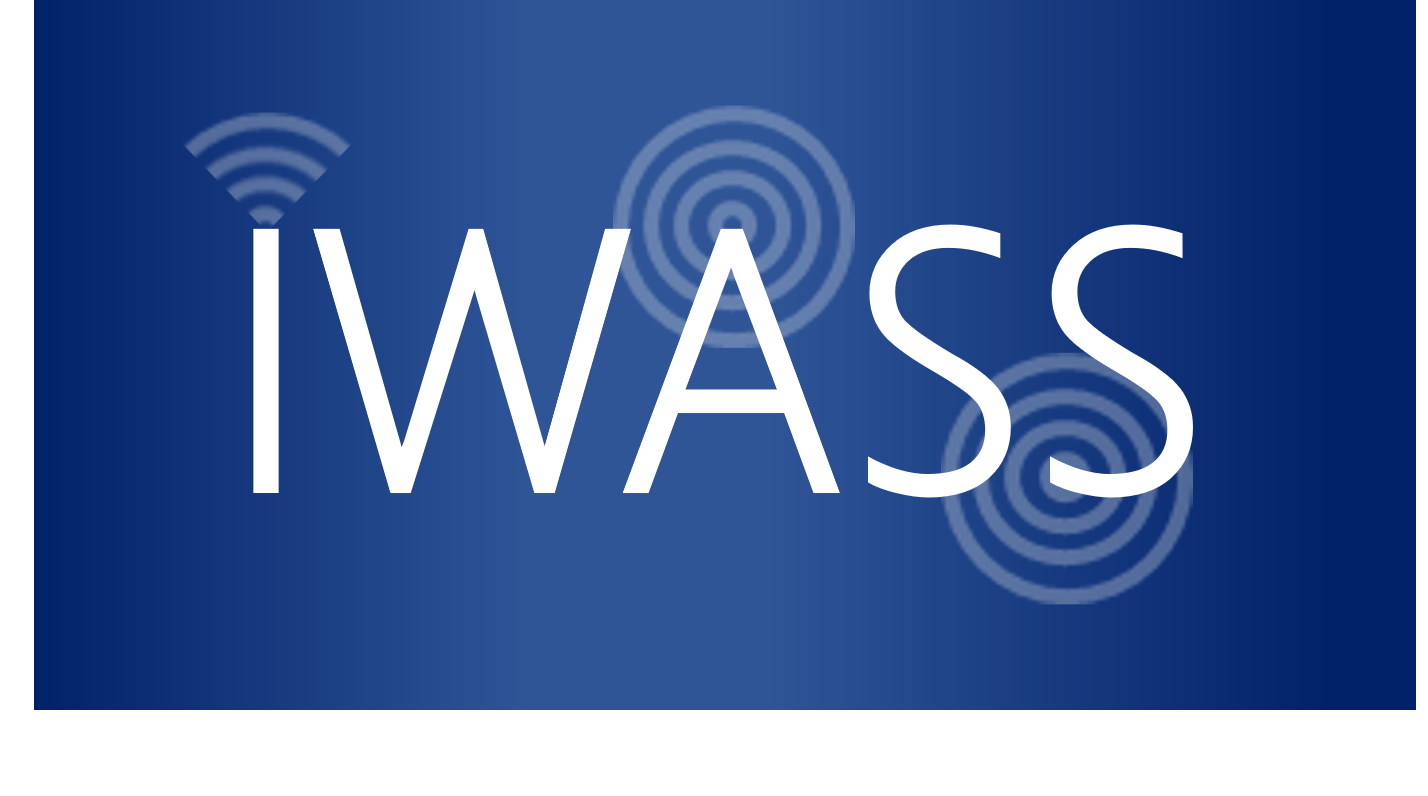Automated Drowsiness Detection of Remote Monitoring Operators of Autonomous Systems
/Various automated systems require human supervision in complex environments which can be a monotonous task but still requiring a significant degree of attention. If those tasks are decisive to the process and work safety, then it is imperative that operators maintain adequate levels of alertness to execute necessary actions. Specially, the consequences of performance failure by operators in safety-critical task scenarios has increased concerns and drove important research since inattention or distraction could negatively affect the entire system including the integrity of the people on the system.
Despite highly reliable equipment, complex safety management regimes, and modern automation and control systems employed in industries, human operators still have a central role in the execution of complex tasks in which cognitive functions (e.g., working memory, attention, information processing speed) strongly influence their performance – particularly in emergency situations. In addition, high demands in life outside of work, i.e., sleep disturbances and stress, increase factors that may hinder humans from responding effectively to their tasks. This project aims to develop distinct methodologies for drowsiness detection considering visual information (e.g., eyes pattern, blink, gaze, head pose) as well as biological information (e.g., brain waves, skin conductance) and artificial intelligence-based models.
People
Prof. Caio Souto Maior



